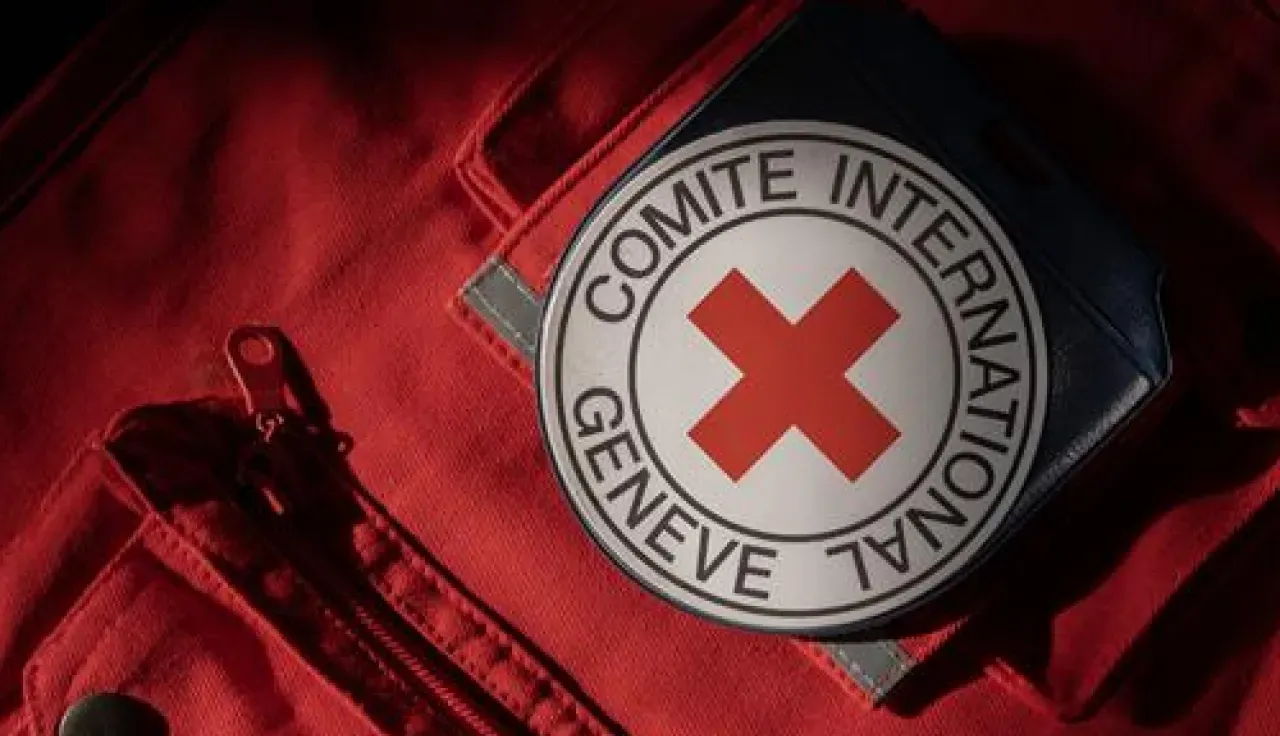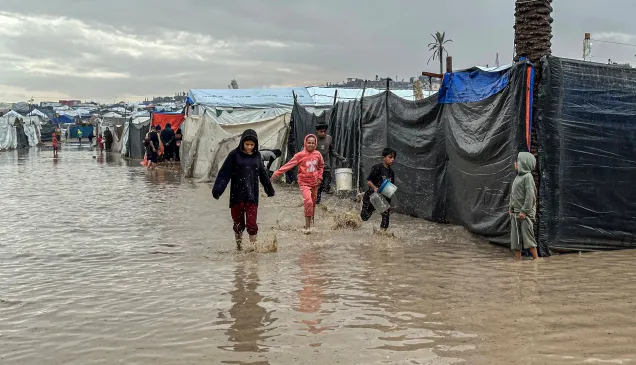How the ICRC supports the return of the deceased as part of the Hamas-Israel ceasefire agreement

The International Committee of the Red Cross (ICRC) continues to facilitate the return of the deceased to forensic authorities in Gaza and Israel at the request of the parties to the conflict, following the recent ceasefire agreement.
Under the current ceasefire agreement, the ICRC has assisted in the return of 300 deceased Palestinians and 23 deceased hostages of Israeli and other nationalities. In total, 31 deceased hostages have been returned by the ICRC since October 2023*. There were no prior returns of deceased Palestinians under previous ceasefire agreements.
The ICRC undertakes this complex humanitarian work strictly at the request of, and in coordination with, the parties. These operations reflect the ICRC’s long-standing role as a neutral intermediary—one that has also supported similar returns of the deceased in contexts such as between Russia and Ukraine, among others. This work represents an essential step toward local forensic authorities identifying the deceased and providing answers to waiting families.
Drawing on decades of global experience, the ICRC’s role begins when the remains are handed over to its staff. The organization’s priority is to ensure that human remains are treated with care and dignity, and that all transfers respect recognized forensic and humanitarian standards.
To this end, the ICRC provides body bags, refrigerated vehicles, and deploys trained personnel to manage the deceased with dignity from the moment they are received until their handover to the relevant authorities. The ICRC does not open body bags or conduct any examination during or after transfers. When documentation accompanies the remains, the ICRC transmits it to the receiving side.
The ICRC does not locate or exhume human remains. Under the 1949 Geneva Conventions, parties to an armed conflict bear the legal obligation to search for, collect, and evacuate the dead regardless of who they are , as well as to use their best efforts to identify them . Parties must provide families with any information they have on the fate of their deceased relatives. While the ICRC may provide technical advice, it is not responsible for identification.
*as of time of publication
Transfer operations
Whether returning deceased hostages or Palestinians, the ICRC applies the same technical standards and ensures the same level of care and respect in all cases. These operations are often carried out at short notice and require careful planning to ensure both the safety of ICRC teams and the dignified management of the deceased.
Before each transfer, ICRC teams ask to be informed of the number of deceased to be transferred and ensure the availability of sufficient staff, body bags, and vehicles. Teams are equipped with protective gear, including gloves, gowns, and masks, to ensure their safety during the process.
During the operation, the ICRC receives the deceased from the parties, confirms they are properly contained, and transports them in ambulances or refrigerated vehicles to the relevant authorities for identification. Local health and forensic authorities are responsible for all identification procedures.
Forensics and identification
In Israel, the National Institute of Forensic Medicine in Tel Aviv conducts the identification of deceased hostages returned by the ICRC . Israeli forensic authorities have the technical capacity and expertise required for these procedures. In late 2023, the ICRC provided technical support to this institution, as well as expert engagement with the IDF Mortuary Affairs DNA laboratory, to improve identification capacity in complex cases. In Gaza, the Ministry of Health (MoH) serves as the main forensic authority. However, after two years of intense hostilities, forensic capacities in Gaza are extremely limited. DNA testing facilities do not currently exist; dental and medical records are often inaccessible; and laboratories lack the equipment and environment necessary to preserve DNA samples. In such conditions, unidentified remains must be carefully managed now to allow for possible identification in the future—when capacity is restored or alternative methods become available.
The ICRC stands ready to provide technical expertise and support as requested. It currently assists Gaza’s health and forensic authorities in ensuring proper management, documentation, and traceability of all those deceased , including those not yet identified. This includes training on the dignified management of the dead, donations of materials such as body bags, identification tags, and staff protective equipment, and the provision of IT and refrigeration equipment. The ICRC also supports data management, as well as projects related to cemetery management and infrastructure .
These efforts aim to ensure that unidentified remains are properly documented and traceable, offering the best possible chance of identification in the future and providing a pathway to answers for affected families.



